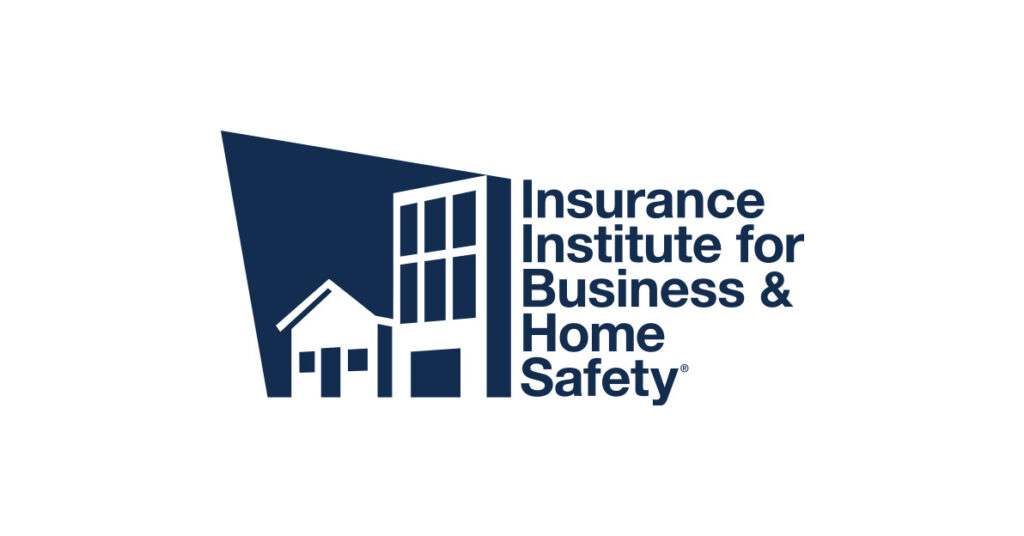IBHS delivers new Winter Weather Ready resources ahead of peak season


Richburg, S.C., January 10, 2023 – The Insurance Institute for Business & Home Safety (IBHS) is offering new Winter Weather Ready resources to help home and business owners prepare their properties to prevent costly damage and lengthy repairs from the next winter storm.
As the coldest part of winter approaches, during what has already been an active season for many parts of the country, IBHS’s free Winter Weather Ready guide provides easy-to-follow actions to take now, as well as critical steps for during and after a severe winter weather event. New downloadable Winter Weather Ready checklists for both residential and commercial properties are now available to help property owners prioritize actions and ensure important steps aren’t overlooked.
“Extreme or prolonged extreme cold can drop temperatures in parts of our homes and businesses below what they are designed for, which can start a cascade of damage,” said Dr. Ian Giammanco, lead research meteorologist at IBHS. “Yet, there are simple, relatively affordable actions that can be taken before, during and after a winter weather event to reduce the risk of damage that can upend family life or business operations.”
Start now with recommended actions, including:
- Setting up multiple ways to receive weather alerts and stay up to date on the forecast, as it can change quickly.
- Having a neighbor check on your home if you are away during extreme cold temperatures.
- Inspecting the roof for damage or leaks and making any needed repairs.
- Clearing debris from gutters and downspouts, allowing water to flow away from the home or building, which reduces the risk of ice dams and leaks.
- Trimming back tree limbs and branches so they don’t damage the roof, siding or windows.
- Sealing cracks and leaks around windows and doors.
- Insulating water spigots, exposed pipes and interior pipes adjacent to exterior walls.
- Shutting off the water and draining any exterior sprinklers.
- Testing smoke and carbon monoxide detectors.
- Ensuring plenty of fuel is on hand for generators and snow removal equipment.
- Keeping the thermostat set to at least 55°F, even if the home or building is unoccupied, to help ensure pipes don’t freeze.
- Installing surge protectors to protect costly electronic equipment.
During a severe winter weather event, businesses face unique challenges and risks to both facilities and daily operations. Owners and operators should be prepared and update staff regularly on the status of operations, inform customers of closures or changes to operating hours, and have backup generators ready to maintain the most critical equipment.
After an event, home and business owners should:
- Remove snow and de-ice walkways as soon as it is safe to do so, ensuring the melting agent is appropriate for the temperature.
- Observe for signs of snow load damage like creaking sounds, a sagging roof, cracks in the ceiling or walls, water stains and doors or windows that no longer open and close correctly.
- Look for downed trees and contact a professional for removal if needed.
- Check water flow by turning on faucets to see if pipes are frozen; and if so, shut off the water supply and contact a plumber.
- Report damage to your insurer as soon as possible, document losses and keep receipts in an electronic file that can be accessed from anywhere using cloud storage.
“As we move into the core winter months, go ahead and take preventative measures now to reduce the impact of frigid temperatures, ice and snow,” added Giammanco. “These elements will exacerbate already weak or damaged areas of a home or building, but the good news is preparation tasks and repairs often can be do-it-yourself projects, helping save money and time.”
For more ways to prevent damage from winter weather, IBHS’s full Winter Weather Ready guides and checklists for residential and commercial properties are available on disastersafety.org.
Recent Posts
NOAA Weather
Tampa, FL
Last Updated on Jun 5 2024, 6:53 am EDT
Weather by NOAA
Current Conditions: Fair
Temp: 77°F
Wind: SE at 5mph
Humidity: 88%
Dewpoint: 73.0°F
 National Hurricane Center
National Hurricane Center
- The Atlantic hurricane season runs from June 1st through November 30th. April 20, 2025The Atlantic hurricane season runs from June 1st through November 30th.